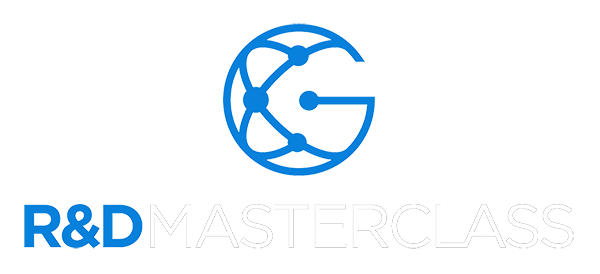Understanding research and development (R&D) is not only the responsibility of the company running a project, but also of the accountants helping them to claim on tax.
While they won’t be directly involved with each intricate step of a research project, accountants need to know exactly what has taken place and the expenses involved. This allows them to claim each morsel of the project that is eligible for a tax rebate.
As they advise clients on the R&D Tax Incentive, accountants will want to keep all documentation in order and protected against audits. They will also want to know the intricacies of the client’s industry, whether it’s agriculture, biotechnology, construction, energy, manufacturing, software development or something entirely different.
If any of this information isn’t known by the accountant, they will want to upskill quickly before attempting to claim a client’s activities.
Prepare Documentation
The best way to ensure you’ve claimed each eligible part of an R&D project is to be proactive and organised from the start.
The types of documentation that should be collected before, during and after an R&D project include the following:
- Project planning documents.
- Design of experiments.
- Project records and laboratory notebooks.
- Design documents for system architecture and source code.
- Records of trial runs.
- Progress reports and minutes of project meetings.
- Test protocols, test results, analysis of test results and conclusions.
- Photographs and videos.
- Samples, prototypes, scrap or other artefacts.
- Contracts.
- Records of resources allocated to the project, eg. asset usage logs.
- Staff time sheets.
- Tax invoices.
These documents are increasingly important to keep on file as the Australian Tax Office can audit R&D claims for up to 4 years.
Know the Steps to Proper R&D
Companies claiming R&D on tax will most likely approach accountants with 101 questions about the process, if it’s worth it, and how it will benefit the company. So, it will greatly help accountants to understand the process behind it all.
The Global Research Institute has several other articles on these topics and we will be happy to answer any questions you may have, but some general points relevant to accountants are raised below:
Connecting every step back to your research goals will ensure that no money is wasted on pointless processes. If something isn’t proving your hypothesis or disproving a previous theory, it could be a waste of time and money.
Organising data to find trends will help you to show your superiors that each research project is relevant and provides useful insights for development. Ultimately, research begets research and if you can’t prove the worth of R&D, funding will dry up and there won’t be any costs to account for.
Consider the method of each step to identify more efficient ways of researching. For example, an online survey might be far cheaper and equally effective than conducting an in-person focus group. Simple changes like this will reduce the cost of a client’s R&D project, obviously pleasing the researching party.
Know the Client’s Industry
Just as understanding the steps to effective R&D is important, it can be equally as essential for accountants to understand a client’s industry.
The Australian Government has presented this resource to outline each major industry that contributes to the nation’s R&D. As mentioned atop this article, these include agriculture, biotechnology, manufacturing and more.
By familiarising themselves with each industry that a given client might work in, accountants can understand the complex jargon that might be used in relation to an R&D project.
In these three industries respectively, uncommon phrases like “microencapsulation”, “coronary stent implant”, and “electrolysis” are mere examples of the language you might encounter.
Rather than getting bogged down in the details of such language, come prepared and in tune with your client’s work, so you can get on with their tax claim.
Upskill with GRI
If you’re an accountant that’s still stumped by the R&D Tax Incentive and you’re looking for an effective way to understand things, The Global Research Institute offers online workshops and courses to help.
Sign up today and reap the benefits tomorrow as you come to understand the integral part that the Incentive plays in Australia’s growth and development.





